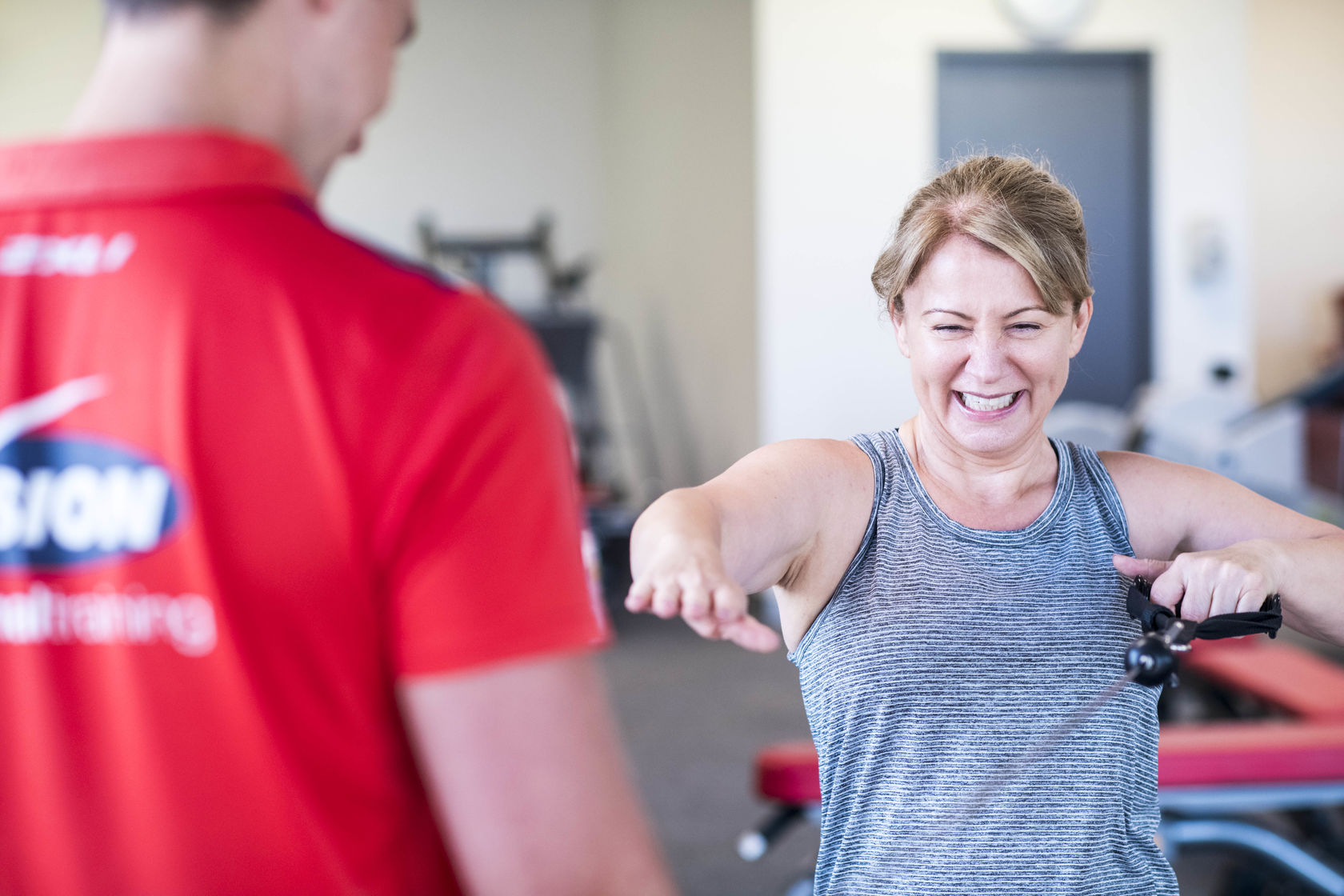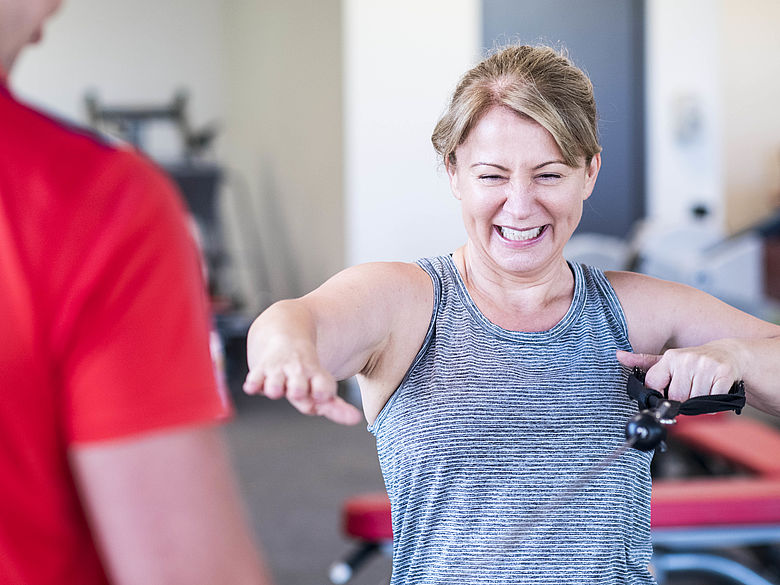Overwhelmed with your work load?
Unable to concentrate for upcoming exams?
Upsetting family issues?
Financial pressure?
While the source may differ, every single person faces stress in their lives. Stress can be incredibly detrimental to your physical and mental wellbeing.
Stress can stretch your body to its limits, affecting everything from your heart health to your mental state. Stress can increase both your blood pressure and heart rate, this means your heart is working extra hard. Prolonged periods of this can result in the muscle becoming weakened, which leaves you at a higher risk of having a heart attack or other health related issues.
Stress also can be a cause of stress and/or anxiety. Stress causes an increase in the hormone cortisol, which is labelled the stress hormone and consequently a decrease in neurotransmitters in the brain, including serotonin and dopamine, which has been linked to depression.
But how you deal with stress is the most important factor. Everyone faces stress and a little stress is even good for you, it's a natural physical and mental reaction to the experiences we have during our lives and sometimes it even helps us get through these experiences. But too often the stress continues on for extended periods of time and is not dealt with healthily.
Top 3 Ways to Healthily Deal with Your Stress.
Exercise:
Depending on the type of exercise and its intensity, there are many ways in which exercise effects your body and mind, resulting in lowered stress levels. One general way is through the chemicals exercise creates. When exercising, whether it be low or high intensity, your brain creates endorphins. These are produced within your brain and act as natural painkillers. Endorphins not only relaxes you while improving your mood, but they also improve sleep quality.
Scientific studies have also proved that regular exercise decreases tension while stabilizing mood and improving your mood.
Diet and sleep:
In general, adults should be getting approximately 7-8 hours of sleep per night. However, sleep quality and amount are reduced when stressed. Stress often leads to difficulties sleeping, even to extreme lengths as inducing insomnia.
However, sleep is also a proven method to reduce stress.
A proper night's sleep, including the REM stage and the slow-wave sleep stage, reduces irritability while improving mood, clarity and ability to think clearly.
A good diet also can assist you in reducing sleep and improving sleep quality. Reducing drinks that have caffeine, such as coffee has many benefits.
Not only does coffee increase pressure, but it can result in a slump once original energy surge is gone, leaving you tired and irritable.
Processed food which is high in refined sugars and calories, while being low in nutritional value, are also beneficial to avoid. These foods leave your body sluggish and out of energy.
Healthy foods, such as fruit and vegetables give your body the nutrition and energy it requires to handle stress and its reactions.
Meditation and breathing exercises:
When stressed, your body enters into 'fight or flight mode'. A method to disperse this is meditation and breathing exercises. They work through relaxing your body and mind, slowing breathing and reducing pulse rate and blood pressure.
One example of this technique is known as the 'relaxation response'. It has been present for many years, first being pioneered by Harvard physician, Herbert Benson. The technique requires you sit still from ten to twenty minutes with your eyes closed and breathing through your nose. During this time, you silently repeat a word or phrase of your choosing. Focusing entirely on this repetition, all other thoughts and worries evacuate your mind.
This is only one of the various meditation and breathing techniques which have been proven to reduce stress.
Next time you're stressed, remember that it a natural response which everyone faces at one time or another. The deciding factor is how you choose to handle it, or if you allow it to overwhelm you.
*Disclaimer: Individual results vary based on agreed goals. Click here for details.

